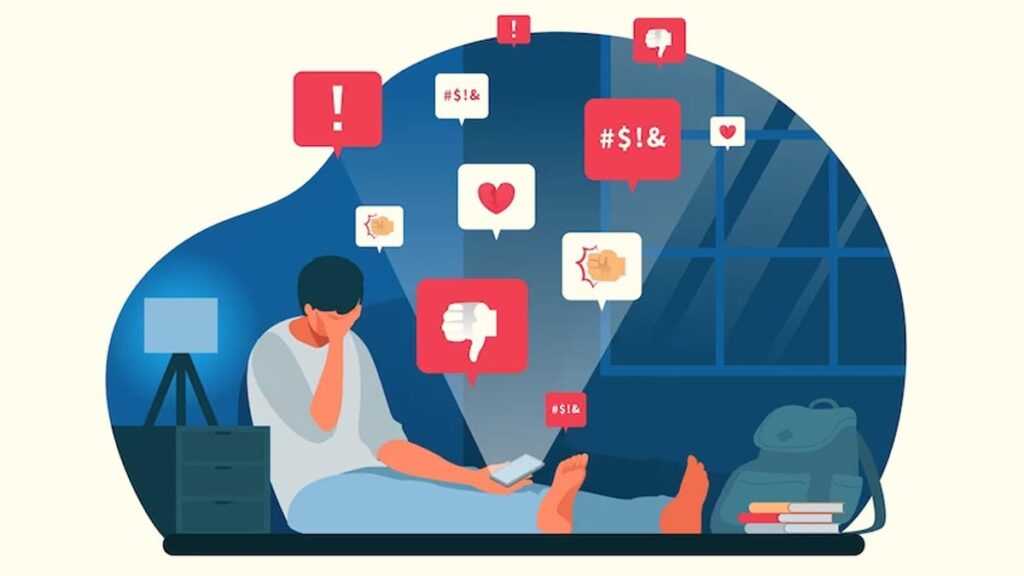DIGITAL HEALTH ON SOCIAL NETWORKS: a regulated concept?

In today’s digital age, social networks have evolved from simple entertainment platforms to powerful tools that can positively influence our health and well-being. Although often associated with leisure and social interaction, social networks also offer a unique space to promote digital health. From awareness campaigns to supportive communities, online platforms can play a vital role in promoting healthy lifestyles and fostering greater awareness of mental and physical health issues.
One of the most effective ways social media can promote digital health is through the dissemination of accurate and up-to-date information on health topics. Platforms such as Instagram, Twitter and even TikTok, allow health professionals and specialty organizations to share tips, news and resources on a wide range of health topics. This can include information on nutrition, exercise, mental health, disease prevention and much more. By providing quick and easy access to reliable information, social networks can empower people to make informed decisions about their health and wellness. In turn, Mental Health strategies are shared through the networks, where the National Health System seeks to prevent the abuse of screens and digital services. It is key to be aware of the challenges and risks associated and the negative impact it has on mental health. Currently there are different campaigns being carried out such as “Cambia el Plan”, a campaign led by the Spanish Data Protection Agency and the Spanish Association of Pediatrics.
In addition to providing information, social networks can also serve as platforms for building supportive communities. In these online spaces, people can connect with others who share similar health-related interests and experiences. Whether it’s support groups for people struggling with chronic illness, fitness communities that share exercise routines, or mental health discussion forums, these networks can provide a sense of belonging and emotional support that is critical to overall wellness. In turn, they can function as a proactive health and wellness education platform.
Another important aspect of promoting digital health through social networks is the elimination of the stigma associated with certain health conditions. By providing a space where people can share their experiences in an open and non-judgmental way, social networks can help banish taboos and promote a more open conversation about mental and physical health issues. This is especially important in a world where stigma can prevent people from seeking the support and treatment they need.
In summary, social networks have the potential to play a significant role in digital health promotion. By providing information, support, and a platform for open discussion, these online platforms can help empower people to make healthier choices and foster greater awareness of health-related issues. However, it is important to remember that using social media responsibly and critically is critical to ensure that these platforms are beneficial to our health and well-being rather than detrimental.




